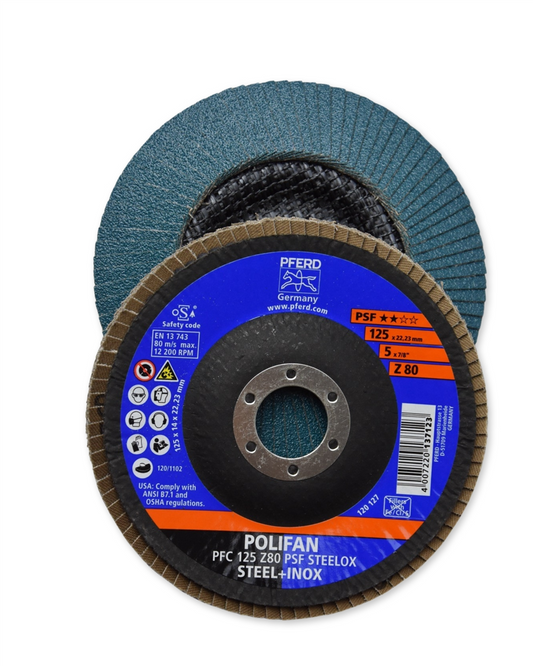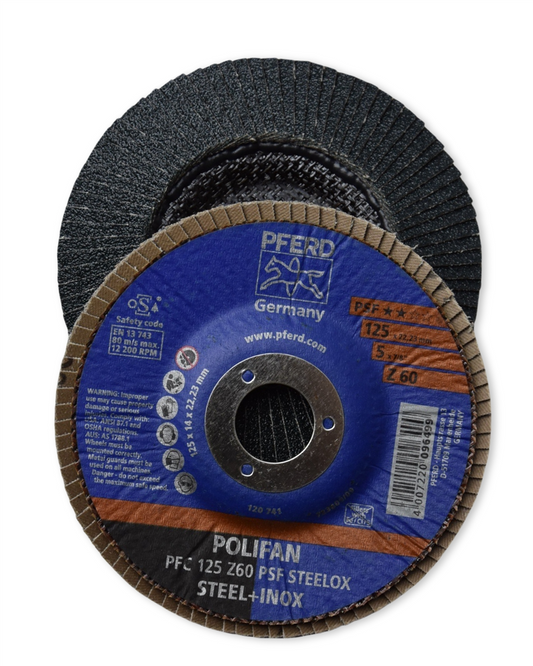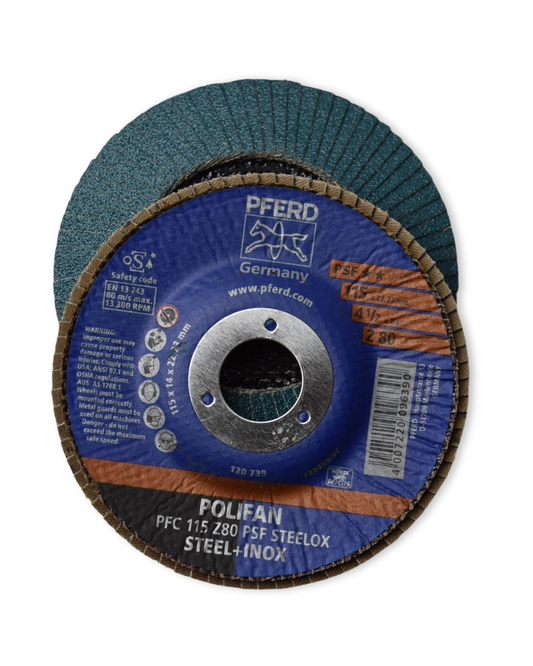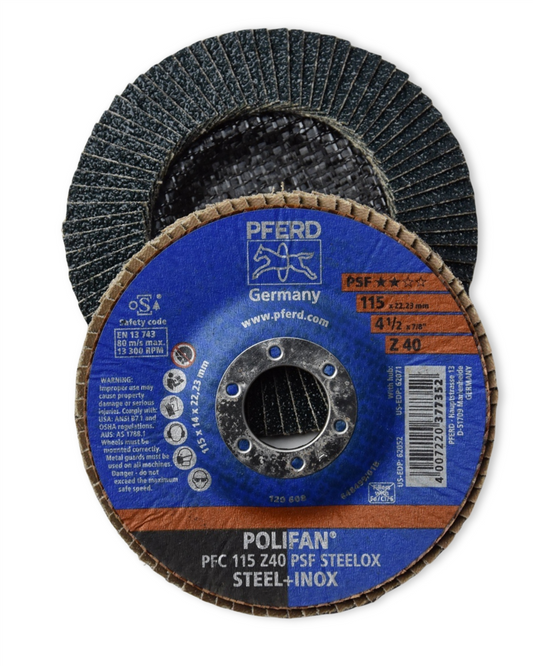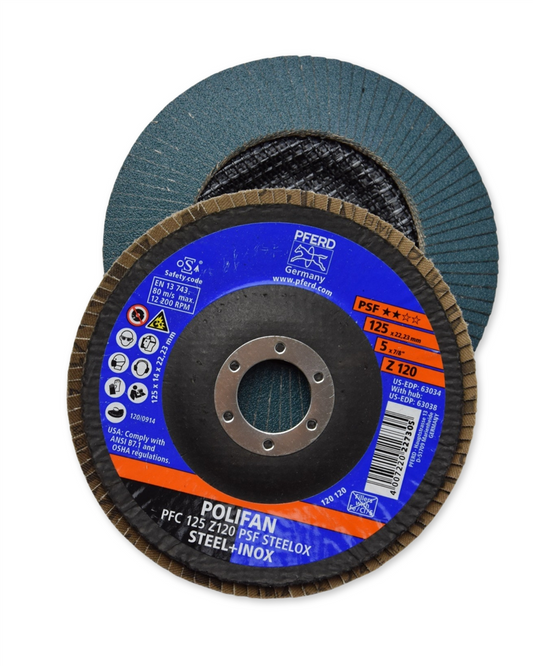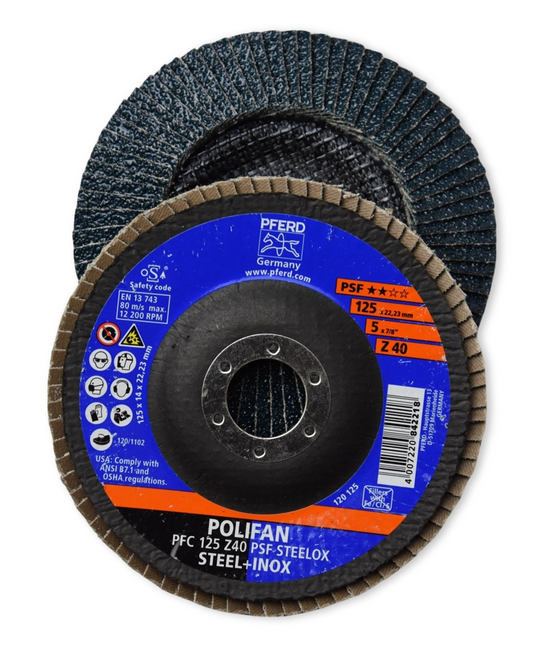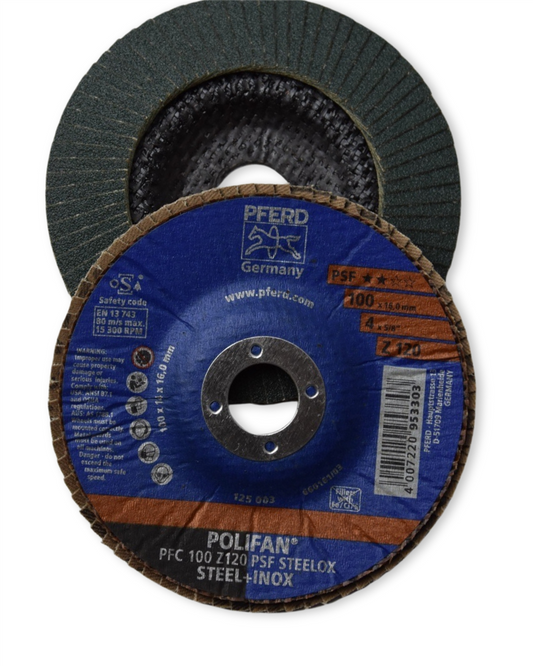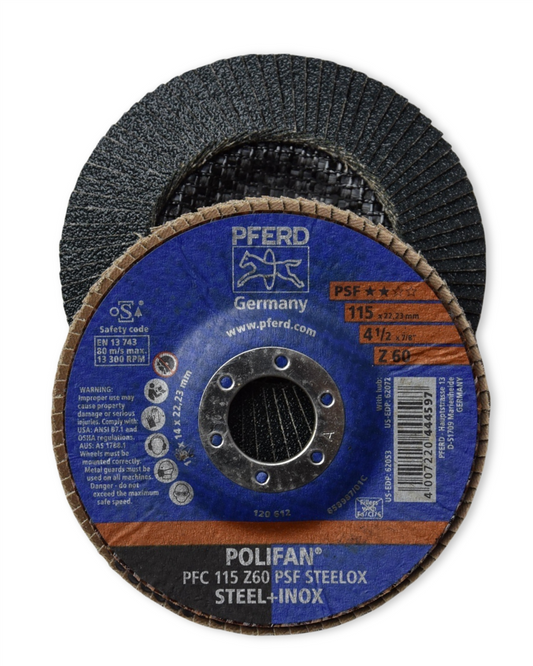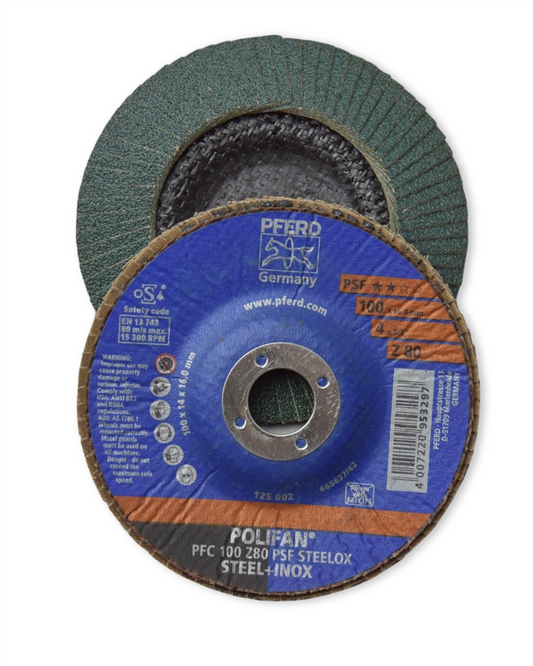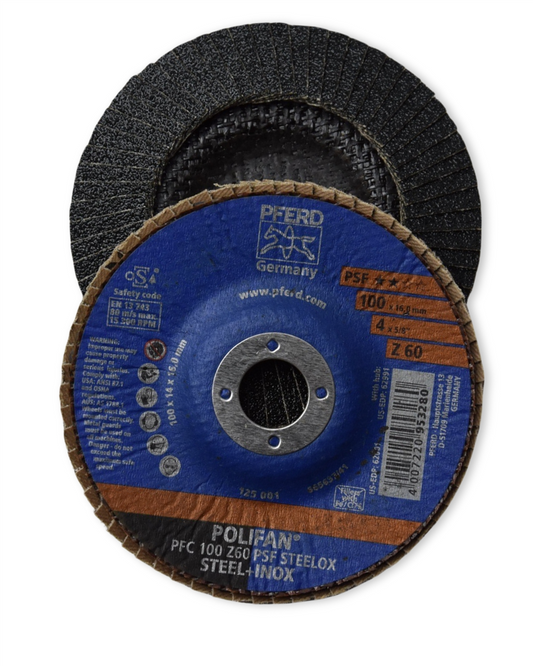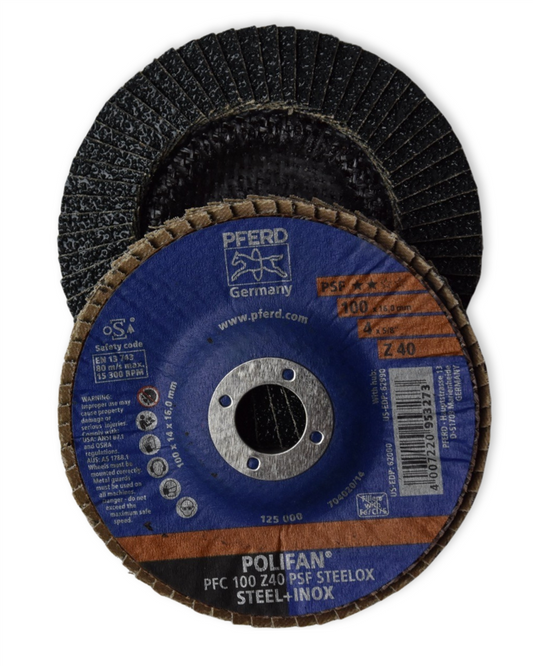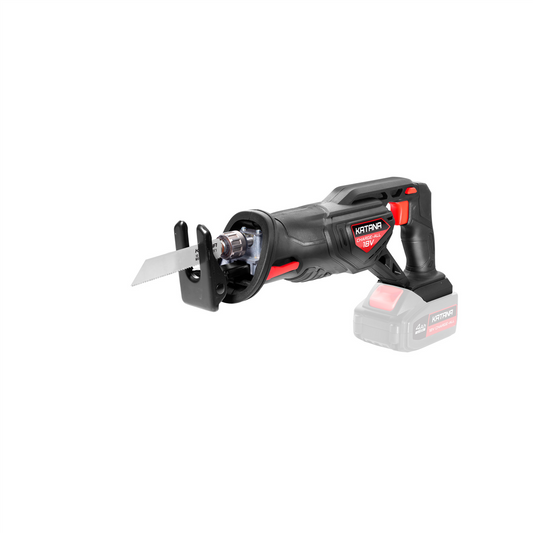Which drill bit is best for metal, wood, or masonry?
Share
Let me ask you a quick question: Have you ever started a project feeling like your next masterpiece was just a few minutes away, only to run into problems because your tools weren’t quite up to the task? It’s frustrating, isn’t it? Anyone who's picked up a drill understands the importance of not just having any drill bit, but having the right one—whether you’re crafting, fixing, or building something amazing.
Don’t worry, though! I’m here to walk you through the key features of drill bits designed for metal, wood, and masonry, so you can pick the perfect match and get outstanding results every time.
Metal Drill Bits: Taming the Tough Stuff
Drilling into metal can be satisfyingly smooth—if you’ve got the right drill bit, of course. For this job, you’ll want a bit made from durable materials like cobalt or high-speed steel (HSS). Not every drill bit can handle the heat and friction of metal drilling, but these bad boys can! Even better, some options come with a titanium or black oxide coating, which helps them last longer and resist wear.
One tip from the pros? Use a slower drill speed and add a splash of cutting lubricant while working. It keeps the bit cool and makes the task easier (trust me, your bit—and your nerves—will thank you).
Wood Drill Bits: Mastering the Grain
Wood is incredibly versatile, and drilling into it can be blissfully easy—if you’ve got the right tool for the job. For wood, look for brad point drill bits. These bits have a sharp, pointed tip that helps guide them in smoothly and minimizes splintering. No one wants messy edges or jagged cuts, right?
If you’re dealing with hardwood, search for a bit with extra toughness to power through without overheating. On the other hand, for softer woods, a standard bit often works like a charm. Either way, choosing a high-quality option ensures you’ll get a clean, neat hole every single time.
Masonry Drill Bits: Conquering Brick, Concrete, and Stone
Masonry is a whole different beast. Trying to drill into brick, concrete, or stone with an ordinary drill bit is like trying to carve a diamond with plastic—it’s not going to end well. Instead, grab a trusty carbide-tipped masonry bit. These are built to withstand the extreme force and abrasion of masonry drilling, so you’re not left tearing your hair out halfway through your project.
Here’s the game-changer: pair your bit with a hammer drill. That extra tapping motion helps punch through tough surfaces like a champ. When the job is done, you’ll not only have nailed your project—you’ll have saved on effort and frustration, too.
Top Tips for Choosing Your Drill Bits
- Know your material: This is where it all begins. Are you working on a metal deck, crafting a rustic timber table, or building a garden wall? Match the material to the right drill bit.
- Invest in quality: Cheap drill bits wear out quickly and can lead to sloppy finishes. For reliable performance, stick with trusted brands like Sutton Tools—they’re crafted with precision, built to last, and designed specifically for demanding tasks.
- Maintenance matters: A dull bit is a useless bit. Keep them clean, store them properly, and you’ll extend their lifespan. A well-maintained drill bit performs better and saves you time.
The Sutton Tools Advantage
For those who demand quality, Sutton Tools delivers every time. Their range of drill bits—whether for metal, wood, or masonry—boasts premium materials, precision engineering, and superb durability. They’re well-suited for professional tradespeople and weekend warriors alike, giving you the confidence to tackle any job with ease.
Choosing Sutton Tools means no more settling for second-best. You’re investing in tools trusted by industry experts for consistent, reliable performance. That’s one less worry when you’re deep in your next project, whatever that may be.

